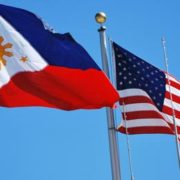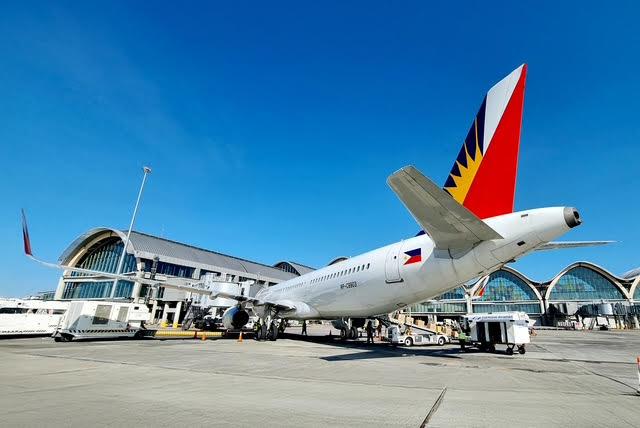The United States and the Philippines want to move forward with a bilateral free trade deal, said the Philippines Department of Trade and Industry (DTI).
The consensus followed a visit to the Philippines on Wednesday, May 23 by Deputy United States Trade Representative (USTR) Jeffrey Gerrish and his delegation to further trade and investment ties between the two countries.
Meeting with Gerrish on the Philippine side were Finance Secretary Carlos Dominguez III, Trade Secretary Ramon Lopez, and Agriculture Secretary Emmanuel Piñol.
“President Trump has made clear his commitment to the Indo-Pacific region, and the United States values our very important trade relationship with the Philippines,” said Gerrish.
“Greater engagement on trade and investment will benefit both countries, and we look forward to resolving outstanding issues and exploring the best arrangement for strengthening and expanding our trade relations,” he added.
Acknowledging the opportunities already in place under the current Trade and Investment Framework Agreement (TIFA), Lopez said, “We are looking forward to exploring a free trade agreement with the U.S.,” added Lopez.
“Meanwhile, we can simultaneously pursue low-hanging opportunities like the existing TIFA and the privileges under the Generalized System of Preferences (GSP) of the U.S.,” added Lopez.
Under the GSP, the Philippines currently benefits preferential duty-free entry to the U.S. Last year, GSP exports accounted for 17 percent of PH exports to the U.S., valuing at $1.492 billion. Lead exports included tires, electronics, sugar, and fruit and vegetable juices.
Instead of an annual review, the latest GSP renewal was also made to be effective for three years. It further extended duty-free treatment to travel goods including suitcases, handbags, backpacks, attaché cases, and similar cases and bags. The DTI said it also hopes to add footwear to the list.
“This, in turn, will promote Filipino-made shoes and to encourage foreign shoe manufacturers to locate in the Philippines,” said the DTI in a news release.
In other DTI news, Lopez — who also co-chairs the National Competitiveness Council (NCC) — said he found “hard to believe”, a world competitiveness report that showed the Philippines falling nine notches.
Dropping from last year’s ranking of 41st, the Philippines fell to 50th out of 63 countries in the lastest 2018 World Competitiveness Yearbook — the lowest its ranked since 2014. The country has averaged around 41st or 42nd place annually in the report published by the International Institute of Management Development (IMD).
But taking an optimistic tone, Lopez said, “I believe the fast growth we are having, infrastructure buildup and variou reforms in east of doing business, [as well as the] growing middle class and demographic attractiveness to investors will enable us to improve the rank soon.”





